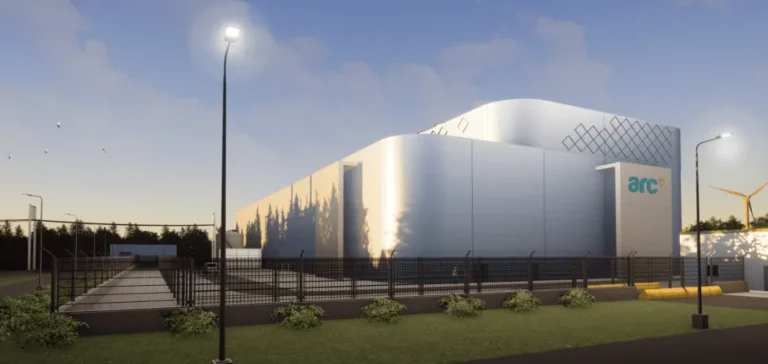ARC Clean Technology announced that its ARC-100 modular reactor has successfully completed Phase 2 of the design review by the Canadian Nuclear Safety Commission (CNSC). This 100 MWe reactor, with a metallic uranium alloy core, is designed to produce grid electricity as well as industrial heat applications. The ARC-100’s design is based on the Experimental Breeder Reactor-II prototype, an integrated sodium-cooled reactor operated at the Argonne National Laboratory in the U.S. from 1961 to 1994.
The design review began in September 2017. By October 2019, ARC had already confirmed the successful completion of Phase 1. Phase 2, launched in 2022, involved the submission of hundreds of technical documents covering 19 critical areas, ranging from system safety to regulatory compliance. The CNSC confirmed that the ARC-100 design fully meets Canadian nuclear safety standards.
Progress towards deployment in New Brunswick
This validated review allows ARC Clean Technology to advance its efforts to establish a demonstration reactor. This project is part of a collaboration with New Brunswick Power (NB Power), aiming to install the ARC-100 at the Point Lepreau nuclear power plant site in New Brunswick. In July 2023, NB Power, in partnership with ARC, submitted a site preparation licence application and an environmental assessment registration document. The reactor deployment is scheduled for 2029, subject to obtaining the necessary licenses and approvals.
Reactions from partners
“NB Power congratulates ARC Clean Technology on reaching this essential milestone with the CNSC,” said Lori Clark, President and CEO of NB Power. “We have been pleased to provide technical support to ARC throughout this process and consider this a significant step forward for the project. We look forward to continuing our collaboration to explore innovative energy solutions.”






















